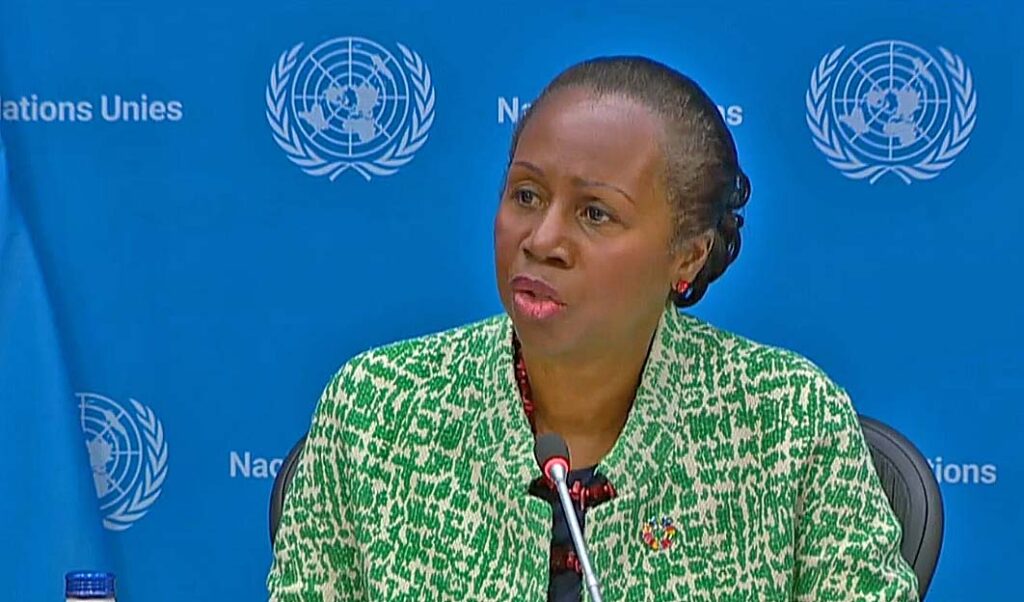The displacement crisis in North Darfur, Sudan, has taken a devastating new turn, as more than 400,000 people are now fleeing violence once again, forced out of already fragile displacement camps into even more precarious and remote regions.
Humanitarian agencies warn that this second wave of displacement is pushing communities further from critical aid, worsening what is already one of the world’s most dire humanitarian emergencies.
In recent weeks, fresh attacks have been launched on previously established camps, including Zamzam and Abu Shouk, both of which were housing thousands displaced by earlier conflict.
The renewed violence, largely attributed to Rapid Support Forces (RSF)-aligned fighters, has triggered massive population movements toward the town of Tawila, the rugged outcrops of Jebel Marra, and other inaccessible areas where health services, food supplies, and clean water are largely unavailable.“These population movements are increasingly fluid, unpredictable, and fuelled by ongoing hostilities and fears of a broader offensive on El Fasher,” said Clementine Nkweta-Salami, Sudan’s UN Humanitarian Coordinator.
“The scale and gravity of reported violations, including direct attacks on IDPs and humanitarian personnel, are unacceptable. Civilians must never be a target.”
Clementine Nkweta-Salami

Hundreds Of Thousands Flee Violence
This new chapter in the displacement crisis follows a brutal offensive earlier this month, when RSF-linked forces reportedly carried out coordinated attacks across Zamzam, Abu Shouk, and the strategic town of El Fasher. The raids left hundreds dead, including children and humanitarian workers.
Sudan has been gripped by conflict since April 2023, when clashes broke out between the Sudanese Armed Forces (SAF) and the RSF. Over 12.4 million people have since been displaced by the fighting, including 3.3 million who have fled into neighboring countries. The Darfur region remains one of the worst-affected, with repeated waves of displacement and systemic violence.
The ability to reach those in need is becoming increasingly limited. Ms. Nkweta-Salami warned that growing food insecurity and limited access are creating a perfect storm for famine, malnutrition, and disease outbreaks.
“Access to El Fasher and surrounding areas remains dangerously restricted. The humanitarian system is currently overstretched.”
Clementine Nkweta-Salami
She urged international donors to step up with flexible and front-loaded financial support, particularly through tools like the Sudan Humanitarian Fund. “This funding is critical to support first responders, mobilize life-saving supplies, and sustain emergency response operations,” she added.
Meanwhile, supply chains to the region are under severe strain, and the few operational humanitarian corridors are now under threat due to increased fighting. Humanitarian workers have reported difficulty moving goods, delivering aid, and safely assessing on-the-ground needs due to ongoing hostilities and limited protection guarantees.
In addition to the conflict in North Darfur, violence continues to simmer elsewhere in the country. In West Darfur, recent intercommunal clashes have deepened the already complex crisis. The International Organization for Migration (IOM) reported that at least 146 households were forced to flee their homes in the Jebel Moon locality following an attack by armed Arab tribesmen.
“The situation remains tense and unpredictable,” the IOM stated. Many of the displaced from this area crossed into Chad, but IOM added that security concerns have made it difficult to verify the full number of those affected.
With humanitarian operations stretched thin and violence escalating in multiple regions, Sudan’s displacement emergency is evolving into an even larger catastrophe. Aid agencies are calling for urgent international action to stem the tide of suffering before more lives are lost and entire communities are pushed beyond recovery.
READ ALSO: Ukraine, Russia Accuse Each Other Of Violating Brief Easter Truce



















